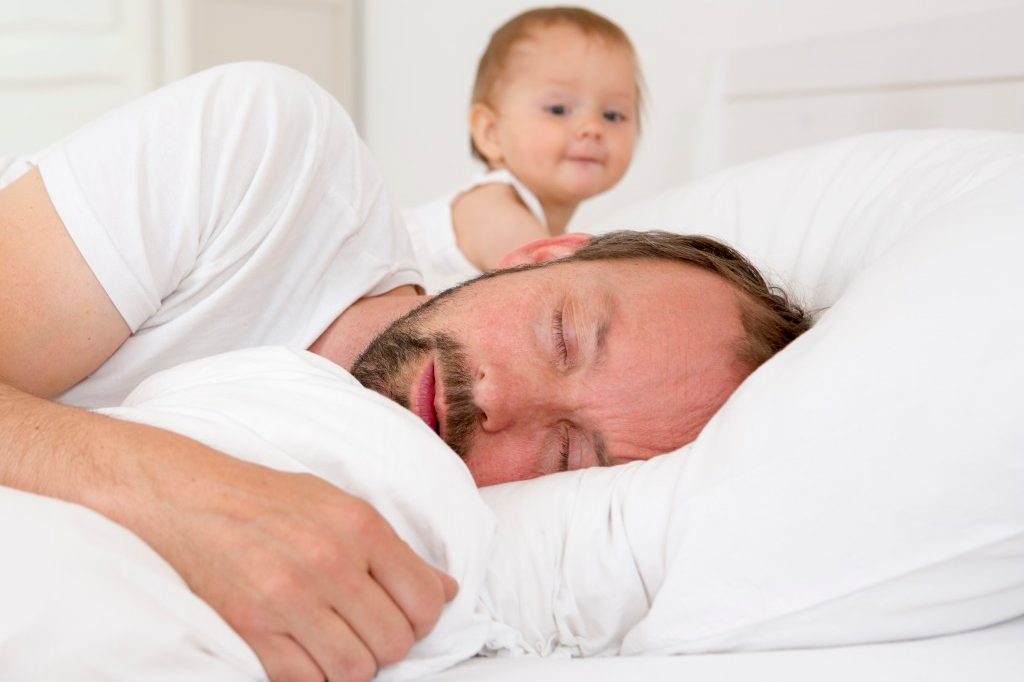When You Sleep by Day and Work at Night

People on duty outside the standard business day need healthy sleep habits to be alert when responding to emergencies or handling or monitoring equipment.
At 4 a.m. one March morning, shift workers failed to recognize that a stuck value had led to the loss of core coolant water at the Three Mile Island unit 2 nuclear reactor in Pennsylvania. The loss, which continued until 6 a.m., led to a near meltdown.
The dangers of lack of sleep
Shift workers — people on duty outside the standard business day — need to be especially alert when responding to emergencies or handling or monitoring equipment. But their odd and often extra hours can exhaust them, with disastrous results.
The near meltdown at Three Mile Island, the failure of the Space Shuttle Challenger mission, and the Exxon Valdez oil spill are only three events that were blamed in part on tired shift workers. The U.S. National Transportation Safety board has found that 30 to 40 percent of all U.S. truck accidents are related to fatigue. Beyond exhaustion, long-term shift work may even change howe well your brain works.
YOU MIGHT ALSO LIKE: Why Is Sleep Important?
About 26 percent of U.S. adults worked night shifts in one large survey, sleeping for about 6.25 hours a day, slightly less than day-shift workers, who clocked in closer to 7 hours. The disruption to circadian rhythms has been linked to several illnesses, including cancer.
Shift workers need to follow the rules that enable anyone to sleep better. Robert Rosenberg, medical director of the Sleep Disorders Center of Prescott Valley, Arizona, and author of “Sleep Soundly Every Night, Feel Fantastic Every Day,” advises plenty of sunlight during the day, turning off electronics 90 minutes before bedtime, and sticking to the same sleep schedule even on your days off.
But those recommendations can seem impossible for people who mainly sleep during the daytime or evening hours when others socialize and shop. It may take quite a bit of juggling to get exercise during daylight and time with your kids and spouse and still rack up 7 to 9 hours of sleep.
Health risks of sleep loss
A huge 37 percent of firefighters, for example, have a sleep disorder and are more likely than well-rested coworkers to report depression, anxiety, heart disease, diabetes, and drowsy driving. Regular 20- to 30-minute naps would help, says Rosenberg, but “a firehouse is a noisy place.” Supervisors can chip in, permitting naps and pushing for protected sleep areas with white-noise machines.
Another study found that 40 percent of police officers have a sleep disorder, with sleep apnea, by far the most common. In two years of monthly surveys, researchers found that these police officers were more likely to fall asleep behind the wheel and show “uncontrolled anger” toward suspects, among other work errors. Night-shift officers were more likely to get fewer than 6 hours of sleep. Night-nurses are also at risk, but things have improved a bit for medical residents.
In 2011, the maximum shift for medical interns, the least experienced residents, dropped from 30 hours to 16, a schedule in which a landmark study found interns made fewer errors. Sixteen hours is still about double the consecutive flying time allowed pilots.
New parents, especially mothers, are notoriously short on sleep, which is one major cause of postpartum depression. “If you have a child who refuses to go to bed or demands Mom or Dad come into the bedroom in the middle of the night on a regular basis, you need to deal with this problem. Speak to your pediatrician and get help,” Rosenberg says. Infants are rough on marriages, in part because of sleep loss. “Dads need to be willing to get up at night when necessary and let Moms get some sleep,” Rosenberg says.
What you can do
All shift workers, he says, can benefit from 30-minute naps, exercise, and a healthy diet. You need to see a doctor about medical sleep issues and make sleep a priority. Workers coming home in the morning might wear dark sunglasses, preferably wraparound or blue blockers. Rosenberg suggests keeping the bedroom dark and quiet, avoiding caffeine toward the end of your shift, and taking melatonin before sleep.
The National Sleep Foundation advises shift workers try to work with others to help stay alert on the job and take breaks throughout the shift. During breaks, you might sometimes nap and walk or even run around a parking lot. Naps, however, may not work well in high-pressure jobs that require instant reactions. Naps can also take some time before you are fully awake again.
It’s best not to leave the most tedious or boring tasks to the end of a shift, since night shift workers are most sleepy around 4 to 5 a.m. The foundation also urges shift workers to talk to colleagues about how they cope with their schedules.
Updated:
June 23, 2022
Reviewed By:
Christopher Nystuen, MD, MBA and Janet O'Dell, RN